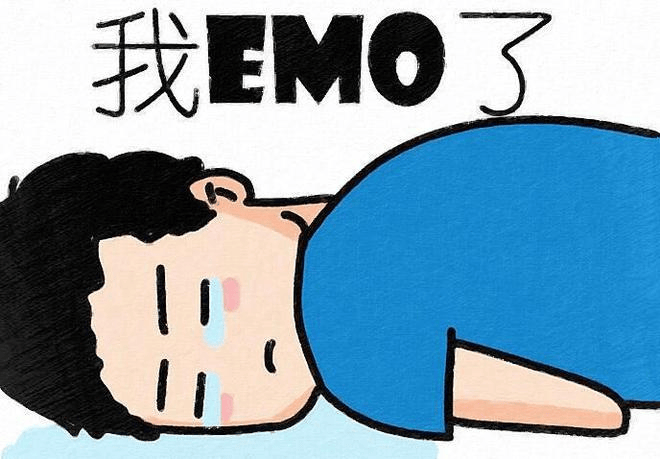Nowadays, mental health issues are receiving increasing attention and discussion in society, especially depression, anxiety, obsessive-compulsive disorder, and hypochondria, among others. Among these, the impact of depression is relatively greater. However, many people cannot distinguish whether they are truly depressed or actually have depression. Today, I will analyze true depression vs. false depression.
True depression is a long-term and severe psychological issue characterized by significant and persistent low mood, slow thinking, and physical fatigue and weakness, severely affecting an individual’s daily life functions. Its main manifestations include pessimism and despair, lack of interest, slow thinking, lack of initiative, feelings of inferiority and isolation, tasteless eating, sleep disturbances, and a decline in self-energy, among others. Over time, it generally worsens progressively, and in extreme cases, can lead to thoughts of self-harm. In contrast, false depression is a fluctuation of emotions. Unlike true depression, false depression generally refers to a temporary sadness, frustration, and disappointment that people experience in the face of stress, challenges, or momentary unhappiness. These negative emotions are typically situational and will naturally alleviate and disappear when the stressor is removed or the problem is resolved.
In life, one often hears people say they are feeling emo or depressed. They may be experiencing true depression, or they might simply be encountering a bit of negative emotion. It is very important to correctly distinguish and understand this, and to address the issues in a timely manner. To differentiate between true depression and temporary depressive emotions, one approach is to look at the duration; the longer the duration, the more likely it is to be true depression. On the other hand, one can also consider physical sensations; true depression is often accompanied by some physical discomfort, such as issues with eating and sleeping, whereas false depression typically does not present these problems.
In summary, depression is an issue that needs to be taken seriously. Just shouting out “I’m depressed” does not necessarily mean one has true depression, nor does it mean one is not experiencing depression if they do not smile every day. It is essential to pay attention to distinctions and identifications, and to solve issues early, to avoid creating too much negative impact on individuals, families, and social lives.


